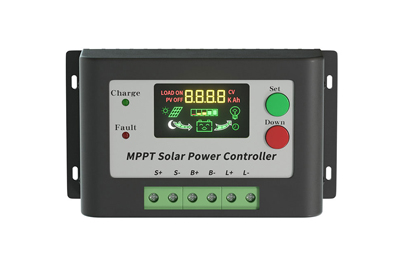Choosing a high-quality solar controller is crucial for optimizing the performance and longevity of your solar power system. A solar controller regulates the flow of energy between the solar panels and the battery, ensuring efficient charging and preventing overcharging or discharging. With various models available, selecting the right one can significantly impact the effectiveness and reliability of your solar setup.
- Compatibility: Ensure the solar controller is compatible with your solar panel and battery types. Different controllers support various voltages and battery chemistries.
- Charge Control Method: Choose between Pulse Width Modulation (PWM) and Maximum Power Point Tracking (MPPT). MPPT controllers are generally more efficient but also more expensive.
- Current and Voltage Ratings: Verify that the controller’s current and voltage ratings match or exceed the specifications of your solar panels and batteries.
- Temperature Compensation: Look for a controller with temperature compensation to adjust the charging voltage based on the ambient temperature, which helps in maintaining battery health.
- Display and Monitoring: A good controller should offer a clear display or remote monitoring options for easy tracking of system performance and battery status.
- Efficiency: Higher efficiency controllers ensure better energy conversion from the solar panels to the battery, maximizing the use of available solar power.
- Protection Features: Check for built-in protection against overcharging, over-discharging, short circuits, and reverse polarity to safeguard your system.
- Build Quality: Opt for controllers made from durable materials to withstand environmental conditions and ensure a long operational life.
- Ease of Installation: Consider controllers that come with clear instructions and easy installation features to simplify setup and integration with your system.
- Warranty and Support: Choose a controller from a reputable manufacturer that offers a good warranty and reliable customer support to address any potential issues.

3.Conclusion:
Selecting a high-quality solar controller involves evaluating compatibility, efficiency, and features to ensure optimal performance for your solar power system. By considering factors such as charge control methods, protection features, and build quality, you can make an informed decision that enhances the reliability and efficiency of your solar setup, ultimately leading to a more sustainable and cost-effective energy solution.
GET A QUOTE